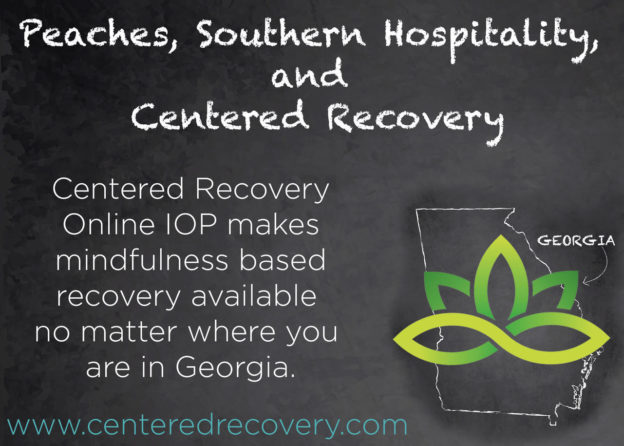Why is outpatient treatment so important in recovery?
Think of outpatient treatment as an investment. Perhaps you just discharged from a residential program and are returning to your life. The significant difference between residential and outpatient treatment is the length of time dedicated daily to groups. Also, in outpatient, clients live at home, not at the facility.
I just finished rehab, why do I need more treatment?
In residential treatment, you were sheltered from the outside world and entirely focused on yourself. Now that you’ve learned the necessary skills needed to stay sober take advantage of the support from an outpatient facility to apply the skills you learned in treatment. It’s like having a serious injury that required hospitalization. After leaving the hospital, the doctor recommended physical therapy. Physical therapy is like outpatient treatment. It is your choice to follow through and is designed to support you to completely heal. Perhaps you don’t go to physical therapy. You probably will recover from the injury, but maybe not as smoothly and as fully as you would have had you gone. The alternative is that you do not get better and will need to go back to the hospital. The same is true of outpatient treatment.
How much time do I need to dedicate to outpatient?
There are three different levels of care: partial hospitalization (PHP), intensive outpatient (IOP), or outpatient (OP). The level of care depends on factors like your needs and your insurance benefits.
| Level of Care | Days per week/Time | Therapy |
| PHP | 5 days/ about 6 hours daily | Once weekly |
| IOP | 5 days/ about 3 hours daily
3 days/ about 3 hours daily |
Once weekly
Once weekly |
| OP | 1 to 3 days/ 1½ hours | Once a month |
Five benefits of outpatient treatment
- Continuity of care. The next logical sequence after residential treatment is outpatient that provides support as you transition.
- Attending OP groups can help you build your support system. Healthy social supports are crucial in increasing self-efficacy and decreasing negative mood.
- Outpatient treatment helps keep you accountable to others.
- Outpatient treatment is often covered by insurance, helping to keep the out of pocket cost down.
- If you are employed, attending outpatient treatment allows you to keep working. Centered Recovery Programs offers groups during the daytime and evening to accommodate clients’ work hours.
Centered Recovery Programs is a unique outpatient experience for our clients. We believe that recovery is not one size fits all. Our program will teach you how to identify the root cause of your pain and the key to move beyond it. Centered Recovery is a non-12-Step based program that teaches healing from the inside out. See what our clients have to say about Centered Recovery Programs outpatient treatment.
If you are interested in learning more about outpatient treatment and healing from the inside out, call Centered Recovery Programs. 1-800-556-2966
Susan Sanchez, MS, MSW Student






